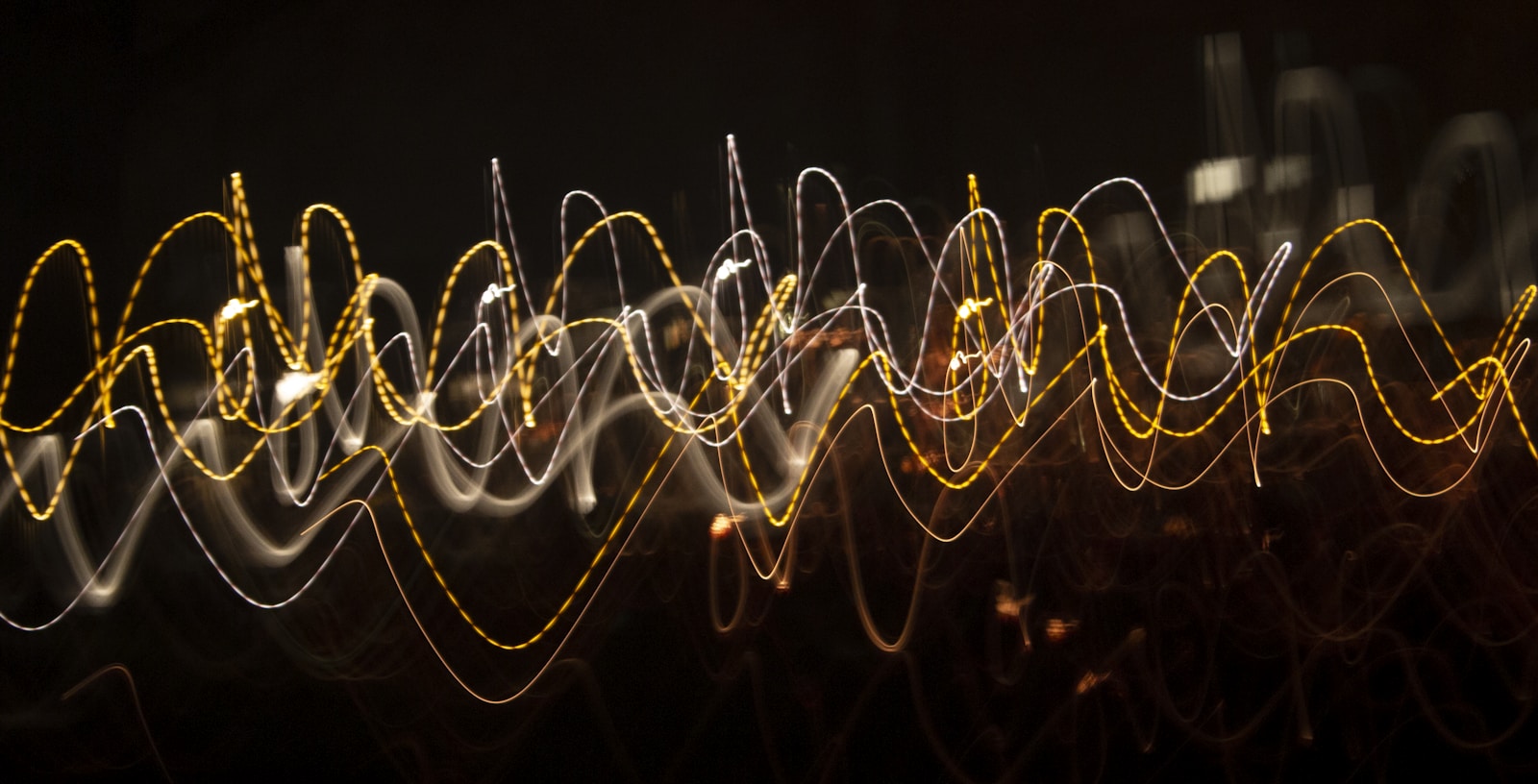
喝醉
hē zuì

drunk
In Chinese, '喝醉' represents the state of being drunk. This term is generally used after someone consumes too much alcohol. This term can also be used metaphorically to describe being heavily engrossed or lost in something, akin to being drunk.
Example sentences using: 喝醉
如果你喝醉,就不要开车。
Rú guǒ nǐ hē zuì, jiù bù yào kāi chē.

If you're drunk, don't drive.
The speaker is giving the advice not to drive should one become drunk.
我昨晚喝醉了。
Wǒ zuó wǎn hē zuì le.

I got drunk last night.
The speaker mentions drinking to the point of drunkenness the night before.
他喝醉了,所以他迟到了。
Tā hē zuì le, suǒ yǐ tā chí dào le.

He got drunk, so he was late.
None
你显然喝醉了。
Nǐ xiǎn rán hē zuì le.

You are clearly drunk.
The speaker asserts with certainty that the person addressed has had too much to drink.
她喝醉后就开始唱歌。
Tā hē zuì hòu jiù kāi shǐ chàng gē.

She started singing after she got drunk.
After drinking to the point of drunkenness, she began to sing, according to the speaker.
请不要喝醉,否则你会后悔的。
Qǐng bù yào hē zuì, fǒu zé nǐ huì hòu huǐ de.

Please don't get drunk, or you'll regret it.
The speaker is advising against drinking to the point of drunkenness due to potential regret.
我很少喝醉。
Wǒ hěn shǎo hē zuì.

I seldom get drunk.
The speaker expresses that they infrequently drink to the point of drunk.
他的朋友常常喝醉。
Tā de péng yǒu cháng cháng hē zuì.

His friends are often drunk.
The speaker makes a statement about a person's friends often drinking until they are drunk.
你为何喝醉了?
Nǐ wèi hé hē zuì le?

Why are you drunk?
The speaker asks why the person addressed has drunk to the point of being drunk.
他喝醉了,跌倒在地。
Tā hē zuì le, diē dǎo zài dì.

He got drunk and fell to the ground.
The speaker reports that someone had so much to drink that he fell to the ground.